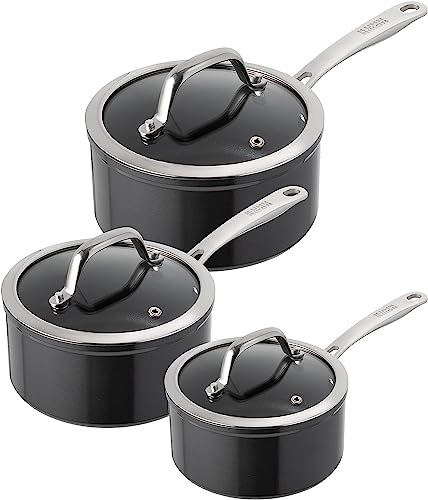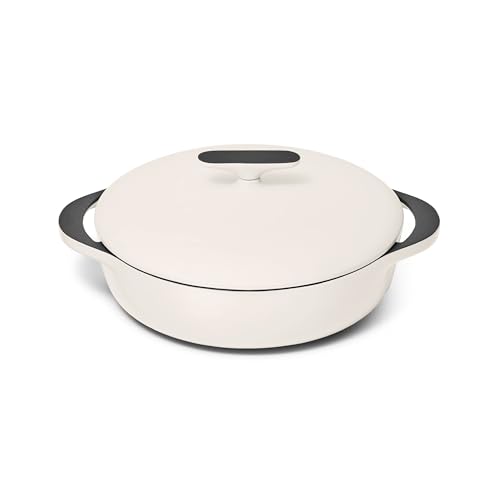Understanding Lightweight E-Bikes: What Makes Them Unique
Defining Lightweight E-Bikes
Lightweight e-bikes are specially designed electric bicycles that weigh significantly less than traditional e-bikes. Typically, they weigh around 12 to 18 kg, making them easier to manoeuvre, lift, and transport. Their lightweight nature primarily comes from the use of high-quality materials such as aluminium or carbon fibre, enabling a more enjoyable riding experience especially in urban settings.
Unique Features and Advantages
What sets lightweight e-bikes apart is not just their weight, but also the integration of smart technology that enhances the cycling experience. With powerful yet compact motors, battery designs that are cleverly integrated to maintain aesthetics, and advanced gearing systems, these bikes offer a blend of efficiency and ease of use. This unique design makes them ideal for quick trips around town or longer commutes without the cumbersome feel of heavier models.
Key Features to Consider Before Buying a Lightweight E-Bike
Motor and Battery Power
When searching for a lightweight e-bike, it’s essential to evaluate the motor’s wattage and the battery capacity. A motor with 250 to 500 watts provides sufficient power for urban commuting, while a battery capable of at least 400Wh ensures you have enough juice for longer rides without frequent recharges. Look for models that allow for easy battery removal for convenient charging.
Frame Material and Design
The frame material plays a crucial role in the weight of the bike. Aluminium frames are common for lightweight e-bikes due to their durability and low weight. Carbon fibre options are even lighter but can be pricier. Additionally, consider the bike’s design for comfort and aerodynamics. A step-through frame facilitates easy mounting and dismounting, especially if you wear skirts or dresses.
Brakes and Gearing Systems
Dependable braking systems, such as hydraulic disc brakes, offer superior stopping power that is essential for urban riding. You’ll also want to examine the gearing system; a bike with 7 to 10 gears provides versatility, allowing you to adjust easily for hills or flat grounds without adding excess weight.
How Lightweight E-Bikes Enhance Your Daily Commute
Effortless Navigation
Increased mobility is one of the standout benefits of lightweight e-bikes. Commuters can weave through traffic easily, and their light build makes carrying the bike up stairs or loading it onto public transport a breeze. Reduced weight also means less fatigue, allowing for a refreshing ride without arriving at your destination feeling exhausted.
Sustainability and Health
Opting for a lightweight e-bike contributes positively to both personal health and the environment. Instead of relying on cars for short distances, e-bikes help reduce carbon emissions while promoting an active lifestyle. Even if you use pedal assistance, you engage in physical activity, contributing to cardiovascular health and overall fitness.
Choosing the Right Lightweight E-Bike for Your Lifestyle
Assessing Your Usage Patterns
To find the perfect lightweight e-bike, first reflect on your commuting habits and needs. If you regularly traverse busy city streets, consider models equipped with features like integrated lights, fenders, and cargo racks for essential items. For those undertaking longer journeys, invest in a bike with a more extensive battery range.
Personal Fit and Comfort
Choosing the right size is equally crucial. An ideal fit prevents discomfort during longer rides and enhances overall control. Most manufacturers provide size charts; however, if possible, test ride different sizes to feel which one suits your height and build best. Comfort-focused elements like saddle quality and handlebar height can significantly affect your riding experience.
Top Lightweight E-Bike Recommendations for Every Budget
Affordable Options
For those on a budget, entry-level lightweight e-bikes typically range from £800 to £1,200. These models often provide essential features without compromising on quality. Look for brands that have established a reliable name in affordable commuter e-bikes, ensuring decent motor power and a balanced weight.
Mid-Range Choices
Mid-range options generally fall between £1,200 and £2,500. In this category, we’ll find enhanced performance features, such as higher-capacity batteries for longer distances and more sophisticated gear systems. Investing in this segment often leads to lightweight e-bikes that can handle varied terrains with ease.
Premium Selections
For premium lightweight e-bikes, expect to spend £2,500 and upwards. These high-end models incorporate cutting-edge technology, superior materials, and exclusive designs. Riders can enjoy optimal performance, extended battery life, and exceptional build quality, making them ideal for serious cyclists who demand both style and substance.



















